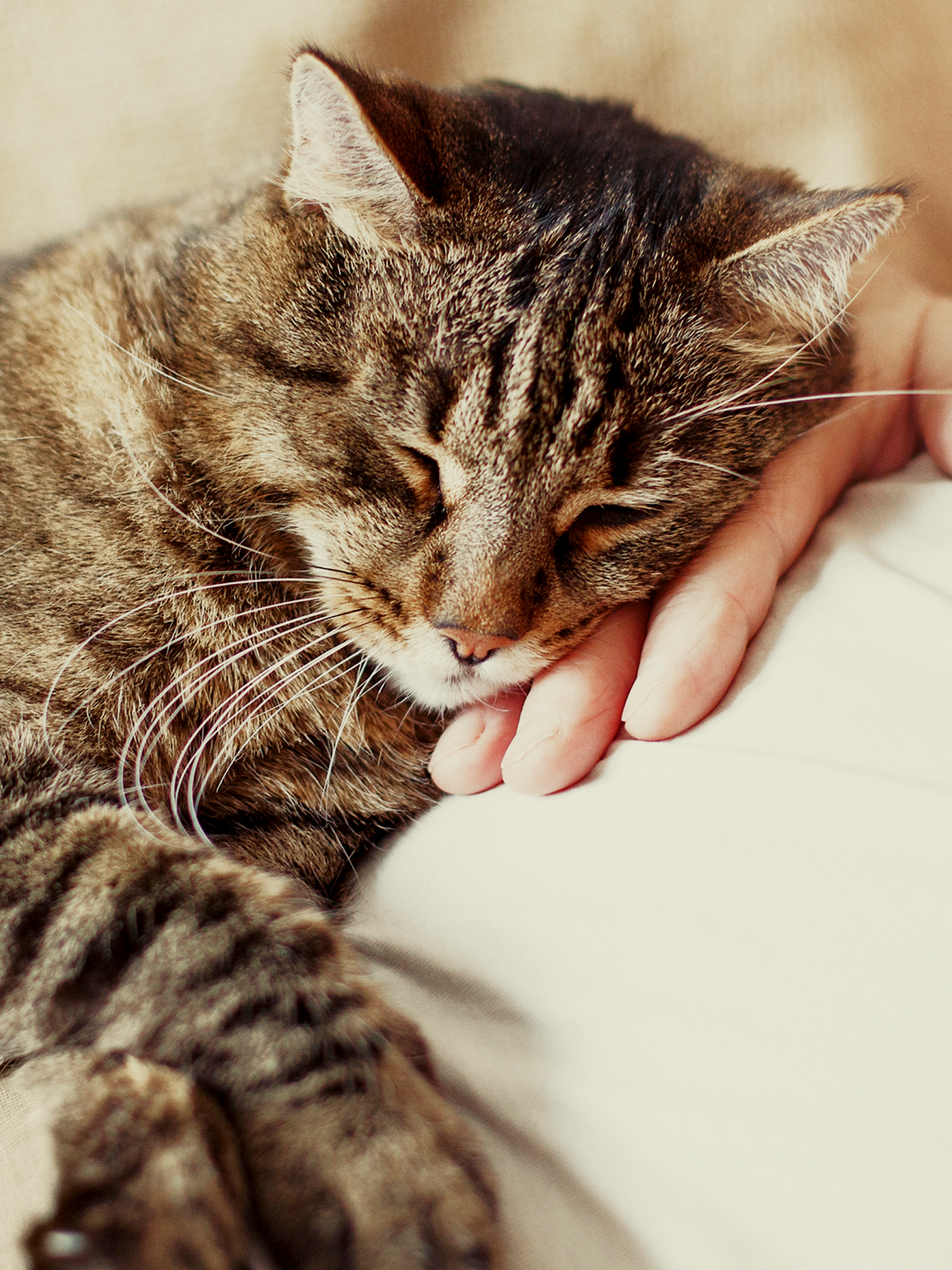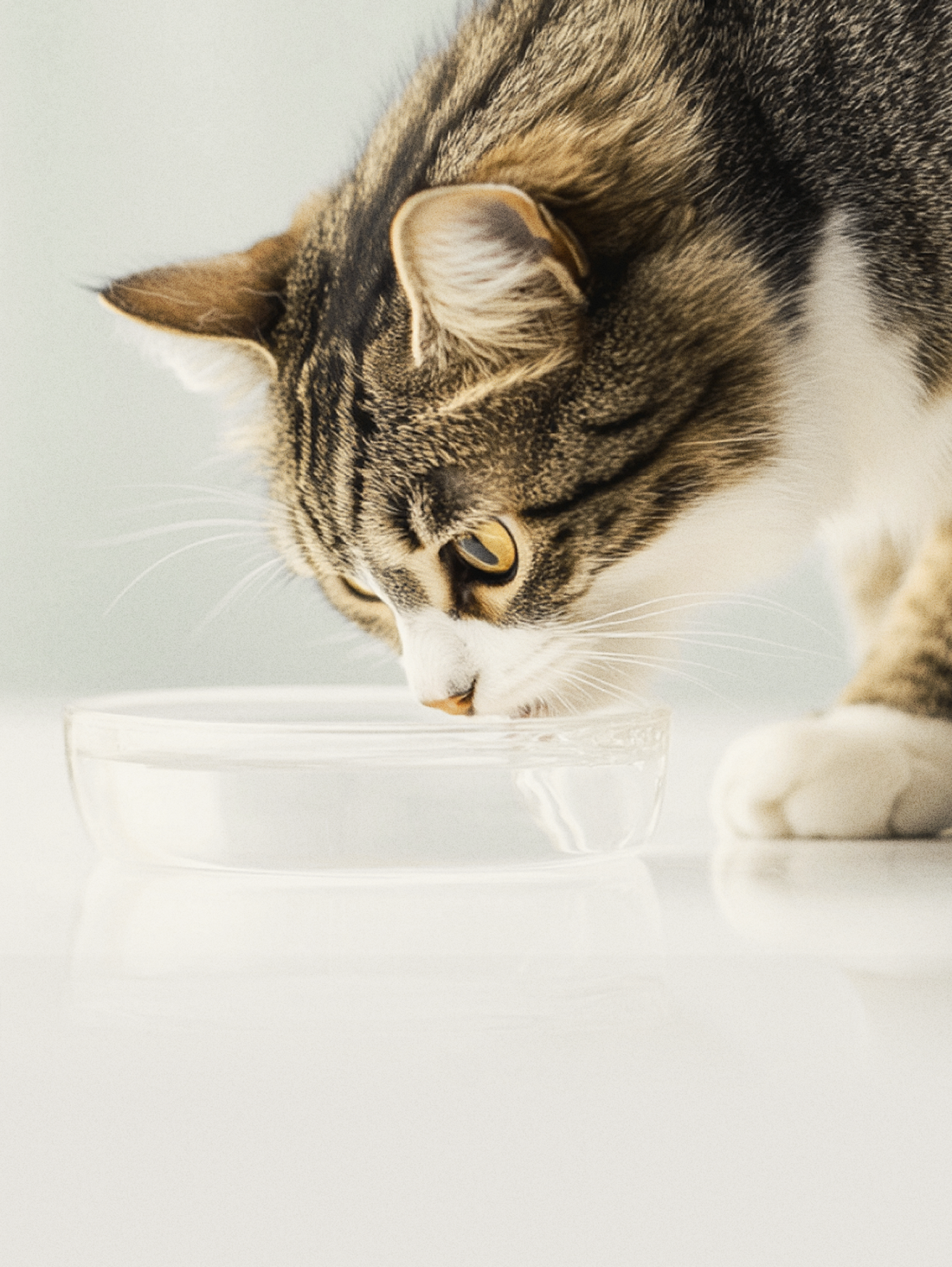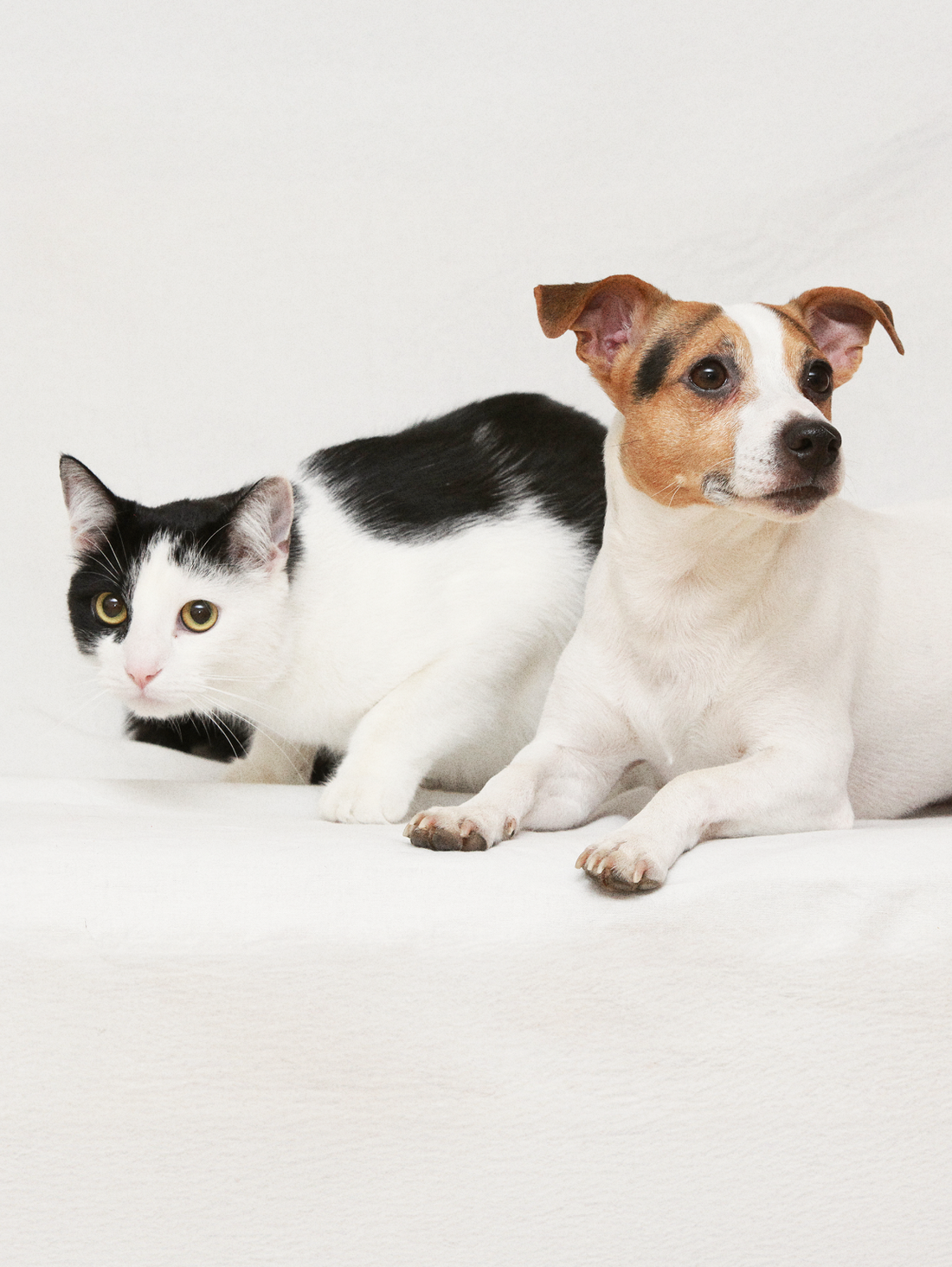Why is emotional balance essential?
Improve their sleep and recovery
Prevent undesirable behaviours
Strengthen their bond with you
Understanding emotional balance.
Stress has many faces
Cats and dogs don’t always show stress the way we expect. Hiding, vocalizing, changes in appetite or grooming, these subtle signs often go unnoticed but can signal emotional discomfort.
Triggers are often part of daily life
New environments, loud noises, vet visits, or changes in routine can all affect emotional stability. Even small disruptions can lead to long-lasting unease.
Balance brings back confidence
Helping pets feel safe and grounded supports better sleep, smoother interactions, and a calmer response to the world around them.

How emotional imbalance affects your pet?
Changes in social behaviour
Changes in social behaviour
Emotional stress can lead pets to withdraw, become clingy, or react unpredictably. These shifts often reflect a need for reassurance or a struggle to feel safe in their environment.
Disrupted daily routines
Disrupted daily routines
Stress and anxiety can affect sleep, appetite, and grooming habits. These routine changes may seem small, but are often signs of deeper emotional discomfort.
Reduced adaptability
Reduced adaptability
A pet experiencing emotional imbalance may struggle with changes in routine, new people, or unfamiliar spaces. This can lead to increased agitation and ongoing tension in daily life.




